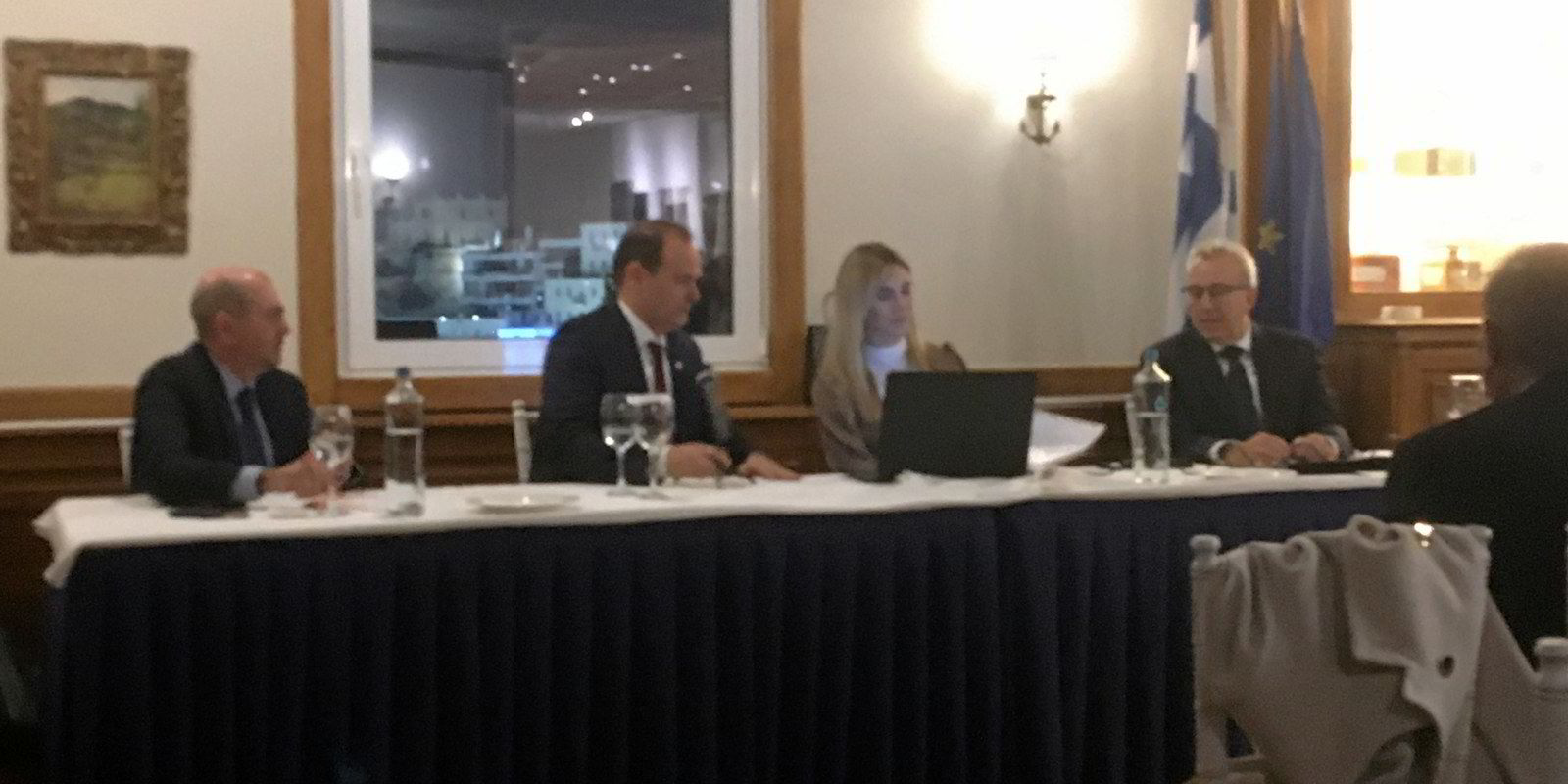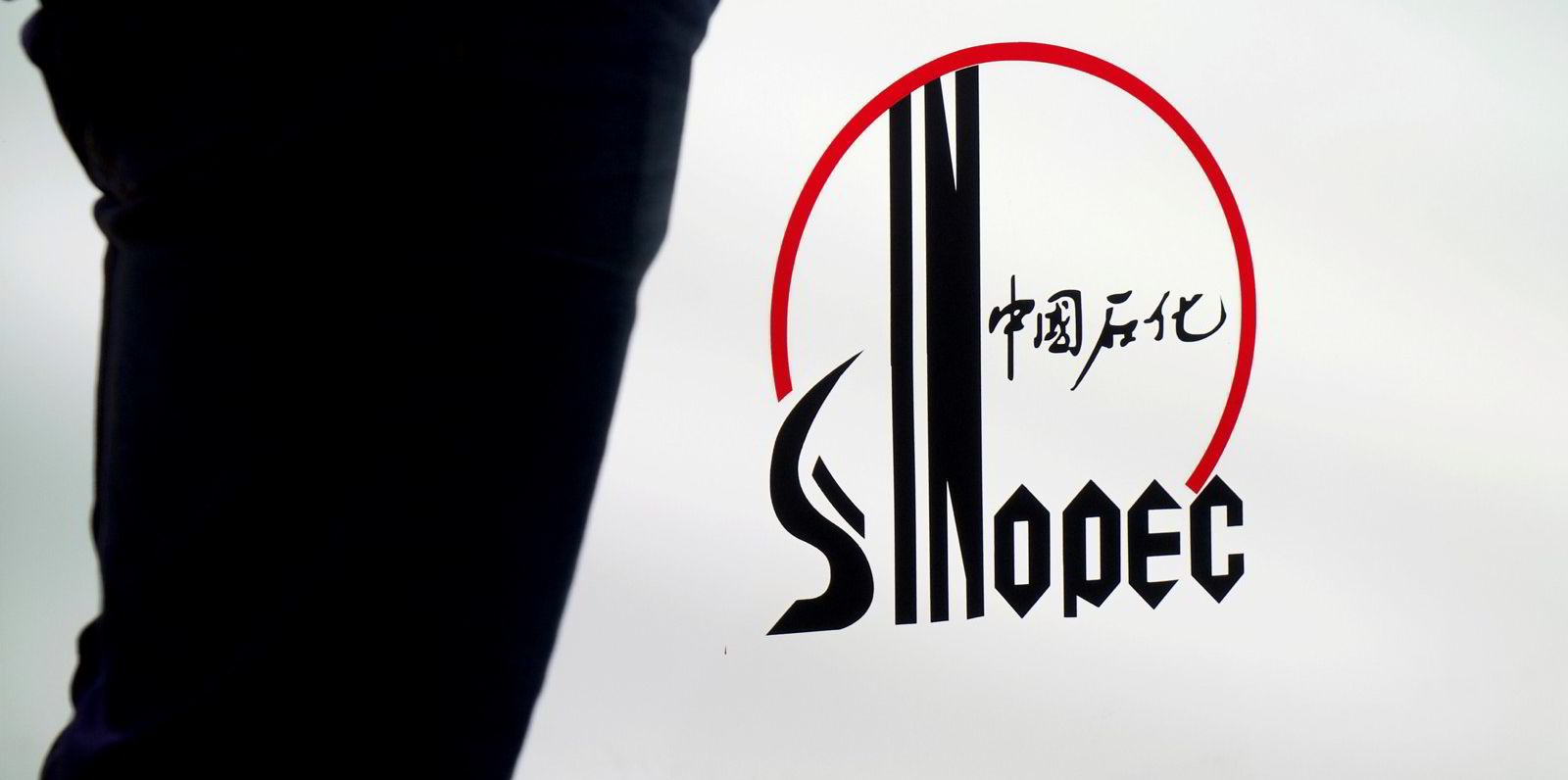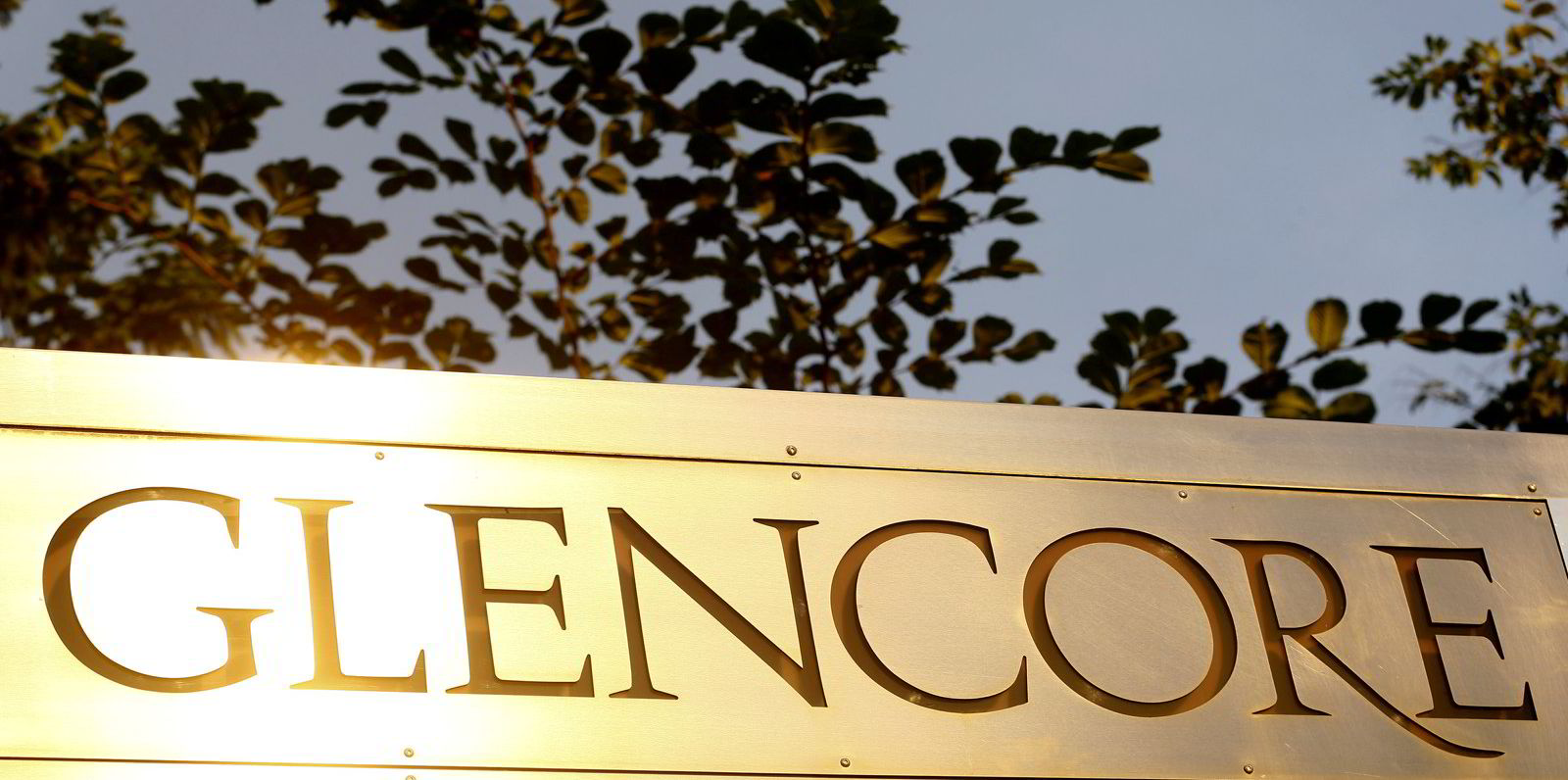More than 20 ships have experienced engine problems over the past few months, attributed by owners to bunkers provided by a fuel supplier in the Amsterdam-Rotterdam-Antwerp (ARA) region.
The matter was raised earlier this week during the annual meeting in Piraeus of the Marine Technical Managers Association (MarTecMA) — a group mainly representing big Greek shipping companies’ technical managers.
George Saroglou, a senior executive with Greece’s Tsakos Shipping group, revealed during the event that a client of its management arm, Tsakos Columbia, is taking legal steps in Rotterdam against the said supplier of blended low-sulphur fuels.
Saroglou declined to identify the supplier other than to say that it’s an independent player.
“All the [insurance] Clubs have cases… so the number must be large — just from my information, there must be at least 20 cases,” Saroglou told TradeWinds.
Ships which, due to a lack of alternatives, were in no position to decline the suspect fuel have experienced problems — from excessive sludge to blocked pumps and sometimes even engine failures.
Saroglou said he brought up the issue during the MarTecMA meeting to raise awareness and push the port of Rotterdam to adopt a bunkering code that is identical, or close, to the one in Singapore, where a major fuel contamination scandal was successfully dealt with last year.
“There’s no other solution,” Saroglou said.
Dealing better with the fallout
One key advantage of the Singapore regime, in the view of the Greek manager, is that fuel samples in the Far Eastern port are taken directly from a ship’s manifold and not from the manifold of the barge that is delivering the bunkers.
That prevents from the outset any confusion, such as where the samples have been taken, if they were attended or unattended or if a drip sampler was used to ensure that samples are continuous and representative.
Just as important, according to Saroglou, is that in cases suspected to be serious, the port authority in Singapore becomes active on its own initiative, carries out investigations and communicates the result to the market.
The Singapore investigation included a special gas chromatography mass spectrometry analysis which, the Greek manager said, isn’t much used across the world but is the only one that can detect chemical contamination.
Singapore authorities subsequently obliged suppliers to control their samples for the substance deemed to have caused the contamination and to make sure that its concentration is low enough to avoid damage.
“Rotterdam and other ports must have similar procedures,” Saroglou said.
According to the Tsakos manager, it isn’t shipowners business to know what elements go into the blending of low-sulphur fuel.
“It’s suppliers’ and ports’ obligation to ensure that the fuel provided... is fit for purpose,” he said.





